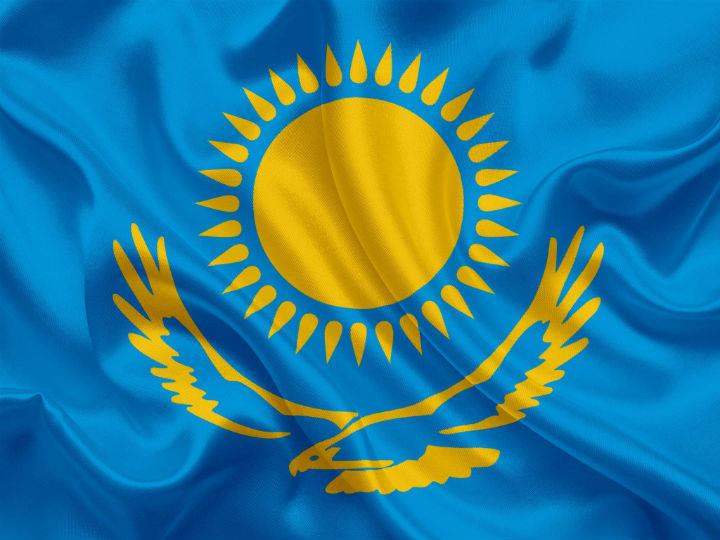by Radu Magdin*
In a recent bold article on the long history and presence of the Kazakhs in Central Asia since millennia, president Tokayev seems to be saying that Kazakhstan will show up any regional states that may be tempted to gluttonously look at Kazakhstan’s territory. If we didn’t know any better, we’d be tempted to think he’s sending a signal that Kazakhstan will not become anyone’s source of food or pastoral lands in a dependence relationship; nor will Kazakhstan "suffer fools" who think they can prolong uncertainty in relation to what the proper borders are, while maybe hoping to create a fait accompli; nor will Kazakhstan abstain from mobilising the whole gamut of international law and institutions to make the situation right in its region.
Certainly one of the most strongly worded pronouncements of any of the leaders in Asia, with this, Kazakhstan will more than certainly attract not only political and diplomatic attention, but will, quite likely, also attract some more exotic kinds of monitoring and envoys. Since president Tokayev’s work has been so much these past couple of years about building the modern identity of Kazakhstan, as well as the development of a pluralist, multi-partite democracy in the country, while also planning to shift the society and culture more towards the West and towards an enlightened internationalism, all these aspects may test the patience of other regional leaders, that may feel the best response is to test the sturdiness and determination of the Kazakh people.
Under no circumstance should we let things slip and facilitate a continental arms race, as this will not be so much about tanks and airplanes, as about water-wars, displaced people, fomenting of social unrest, poking nationalist ethnic and religious issues, and so on. Like any post-Soviet people, the Kazakhs have enjoyed a complex yet stable ethnic, social, and cultural inheritance; and both post-Soviet presidents have prioritised the stability of the nation to ensure that all the modernisation, liberalisation processes that were to be achieved were happening without any quaking of society. Any bold statements right now should be understood that they place Kazakhstan under the spotlight of both friends and foes.
In the context of the complicated international relations backdrop, any state that feels it needs to take the limelight should also ensure it pre-positions certain safety measures, so that it can keep being safe and that people are cognitively and emotionally prepared for whatever may come, particularly when talking about social and historical articulation moments, such as the upcoming 10th January elections for the Kazakh Mazhilis, in a key year, 2021, when the country celebrates 30 years since independence.
Returning specifically to the matter of not selling Kazakh land to foreigners, for after the 10 January period, Kazakh leadership needs to prepare to answer before the renewed parliament and emboldened society what it intends to do with all the land it has not sold to foreigners. Any such bold moves and statements are taken best with a perspective of improved economic conditions. This may be as good a moment as any for Kazakhstan to start an internal conversation about its contribution to the Global Green Deal, as its lands can support millions of its own and other peoples around the world, some who need food, others who need refuge, and yet others who are losing their homes and the lands beneath their feet to the world’s oceans. In order for Kazakhstan to increase its strength it needs to consider the demographic aspect as well, its contribution to the global commons, its resilience while it builds a more diverse and a more open national culture and society, and so on.
All these aspects seem to be converging towards an inevitable conclusion: Kazakhstan will soon need a national resilience strategy, which articulates together with a national soft power strategy, both of which will act as the transmission belts between internal stability and prosperity and the dynamics of world affairs. The first step, boldness in a key context, has been done.
*CEO Smartlink Communications




 By: N. Peter Kramer
By: N. Peter Kramer

